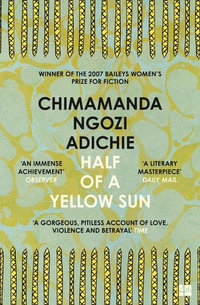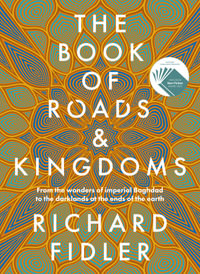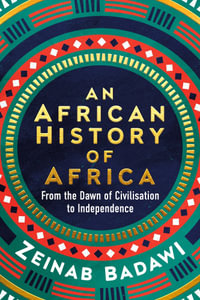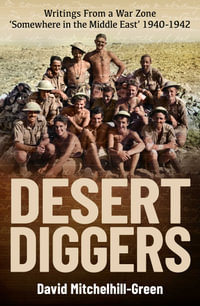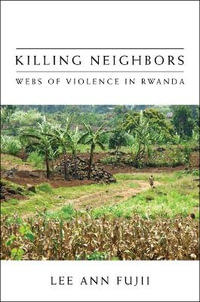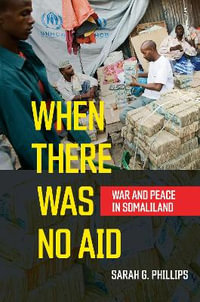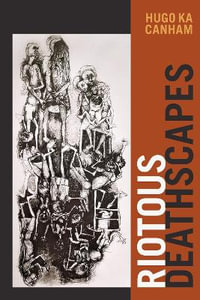The rich history of Egypt has provided famous examples of board games played in antiquity. Each of these games provides evidence of contact between Egypt and its neighbours. From pre-dynastic rule to Arab and Ottoman invasions, Egypt's past is visible on game boards.
Game practices, which were also part of Egyptian rituals and divination, travelled from Egypt to the Levant and back, meeting players in Cyprus or hosting Romans and Arabs in Egypt. By adopting and exporting games, Egyptians were an integral part of the transmission of board games in antiquity. In the last few years, the extent and the modes of contact has become better understood through museum and archival research projects as well as surveys of archaeological sites in Egypt and its surrounding regions. The results allow new insight in ancient Egypt's international relations and the role of board games research in understanding its extent.
Written by three authors known internationally for their expertise on this topic, this is the first volume on Ancient Egyptian games of its kind and a much-needed contribution to the field of both Egyptology and board games studies. The volume starts by introducing the reader to the role of board games in ancient history and go on to trace the history and distribution of ancient Egyptian games, looking particularly at how they show contact with other cultures and civilizations.
Industry Reviews
Richly illustrated with photographs and line drawings, this volume is a welcome compendium in the field of board game studies, and indeed is a great encouragement to crack open a board game and get playing! * Ancient Egypt *
In his very specialized book, Crist (Arizona State Univ.) achieves his purpose-to synthesize material evidence found in Egypt about board games and their uses from the predynastic through Islamic eras. He presents this information to facilitate identifying excavated board games and understanding their crossing of cultural borders. ... Of interest to graduate students and scholars who are Egyptologists, archaeologists, and social anthropologists. Summing Up: Recommended. Graduate students, faculty, professionals. * CHOICE *
Egyptologists and scholars from other disciplines who wish to study board games in the ancient world will find this study to be a very useful research tool that provides a thorough description of the available material evidence, summaries of previous work on the topic, and astute suggestions of broader trends and questions. * Journal of Ancient Egyptian Interconnections *
An impressive summation of the widely dispersed evidence on Ancient Egyptian board games, including much additional material from graffiti boards and especially from outside Egypt. Board games are shown to represent a major token of ongoing cross-cultural interaction between Egypt and its neighbours in Pharaonic and post-Pharaonic times. The book adds a whole new chapter to the study of such interactions more broadly. * Andreas Stauder, Directeur d'etudes "egyptien", Ecole Pratique des Hautes Etudes, Paris. *
This innovative study of Egyptian games provides the most comprehensive overview to date, providing an essential guide for archaeologists wanting to identify games in the field and those interested more generally in ancient Egyptian play. The authors' concern for gaming's temporal, geographic and social contexts adds an important dimension to their study, making it an important source for those interested in gaming at all times and places. * Stuart Tyson Smith, Professor of Anthropology, University of California, Santa Barbara, USA *
Meticulously researched ... Crist, Dunn-Vaturi, and de Voogt have produced an appealing overview of board games in ancient Egypt ... This volume compiles all relevant scholarship into a digestible size and makes new arguments for cultural exchange between Egypt and its neighbors. This book will be an invaluable tool for anyone seeking to identify board games in the field and a helpful resource for anyone interested in ancient board games, ancient Egypt, or cultural exchange. * Classical Journal *


